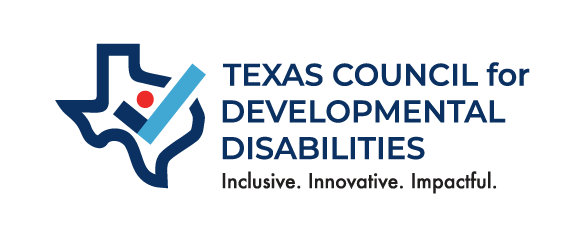
Thank you for the opportunity to provide comments on House Bill 759, relating to the operation of threat assessment teams in public schools and the establishment of a student threat assessment database. My name is Sabrina Gonzalez, and I am speaking on behalf of the Texas Council for Developmental Disabilities, registering on the bill.
The Texas Council for Developmental Disabilities (TCDD) is established by state and federal law and is governed by 27 board members, appointed by the Governor, 60% of whom are individuals with developmental disabilities or family members of individuals with disabilities. TCDD’s purpose in law is to encourage policy change so that people with disabilities have opportunities to be fully included in their communities and exercise control over their own lives.
HB 759 aims to create a student threat assessment database intended to hold the data of students that pose a serious risk of violence to themselves or others. This database will be available to school resource officers and peace officers that serve the school the child attends. Although intended to be a school safety measure, this bill may have a disproportionate negative impact on students with disabilities and unnecessarily put student data at risk.
Disproportionate Impact on Students with Disabilities:
As currently written, HB 759 may be disproportionately harmful for students with disabilities, students of color and students who carry both of these identities. The data clearly show school discipline students with disabilities and students of color inequitably, and students with disabilities are particularly over represented in the school discipline categories of suspensions and restraints. HB 759 has the potential of exacerbating the gaps we already see in school discipline practices and making students with disabilities and students of color more likely to be funneled into the school to prison pipeline.
As currently written, HB 759 does not appear to be consistent with the goals of TCDD, and we respectfully urge a reconsideration of its provisions in order to address the concerns indicated above. Please do not hesitate to contact us with any questions.
Respectfully submitted,
Sabrina Gonzalez
Public Policy Analyst
Texas Council for Developmental Disabilities
6201 E. Oltorf St., Suite 600 | Austin, TX 78741-7509 | www.tcdd.texas.gov